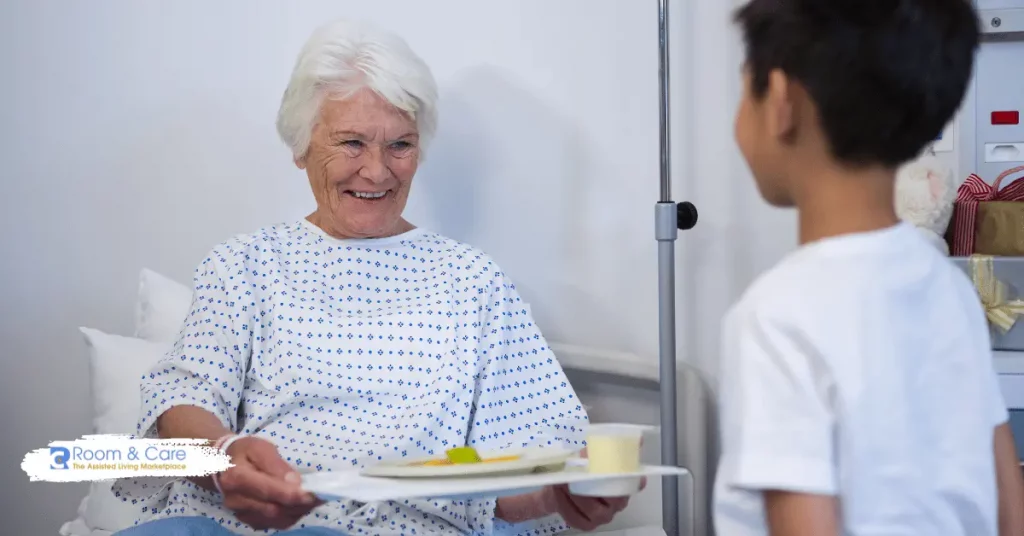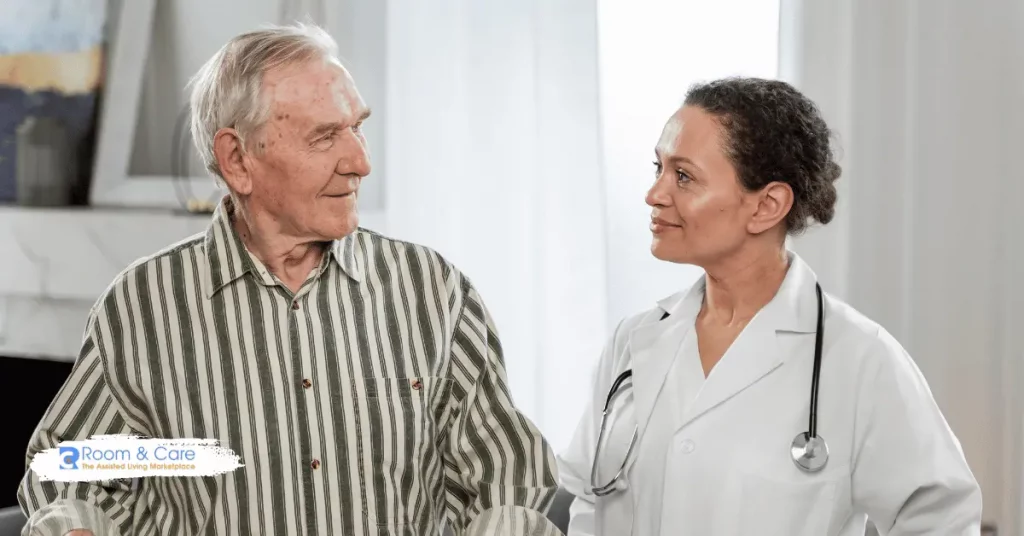

When an elderly loved one is discharged from the hospital, it marks the beginning of a crucial phase in their healthcare journey. After hospital care for the elderly is not just about recovery; it involves meticulous planning, understanding, and continuous support to ensure their health, safety, and well-being during the transition back home or to another care facility. This comprehensive guide dives deep into the essentials of post-hospital care, highlighting the vital aspects, practical advice, and insights that can significantly aid in the recovery and ongoing care of the elderly.
The period following a hospital discharge is a vulnerable time for the elderly, with the risk of readmission being notably high due to potential complications. Effective after hospital care involves a multidisciplinary approach to manage the transition safely. It ensures that the recovery continues smoothly and any health issues are promptly addressed, thereby reducing the likelihood of readmission.
After hospital care for the elderly can include several components, depending on individual needs:
Understanding the level of care required is crucial. It might range from minimal intervention, like help with medication, to more intensive care involving medical professionals. Assessments by healthcare providers can guide families in making informed decisions about the necessary level of care.
Determining where your elderly loved one will recuperate and receive care is essential. Options include:
Technological solutions can significantly enhance the quality of after hospital care through:


What should I do if I notice a sudden change in the health condition of my elderly loved one? Act immediately by consulting their healthcare provider. Keep emergency contacts readily available and know the nearest medical facilities.
How can I manage my work while ensuring proper care for my elderly family member? Consider flexible work arrangements, or engage professional caregivers or home care services to provide respite.
Is there financial assistance available for after hospital care? Many insurance plans cover certain aspects of post-hospital care. Additionally, government programs like Medicare or Medicaid may provide assistance depending on eligibility.
After hospital care for the elderly is a pivotal aspect of healthcare that demands attention, preparation, and compassion. By understanding the comprehensive needs of the elderly and integrating the necessary support systems, families can ensure a smoother transition and a more effective recovery process.
If you are exploring care options, consider Room and Care. Our platform connects you directly to the best assisted living facilities, adult family homes, memory care facilities, nursing homes, and independent living communities. At Room and Care, we offer these services with no referral fee or middlemen, ensuring cost-effective access to quality care options. Visit us to learn more and find the right care for your loved one without any hassle.
Navigating after hospital care for the elderly can be challenging, but with the right resources and support, it can also be a journey towards meaningful recovery and sustained health.